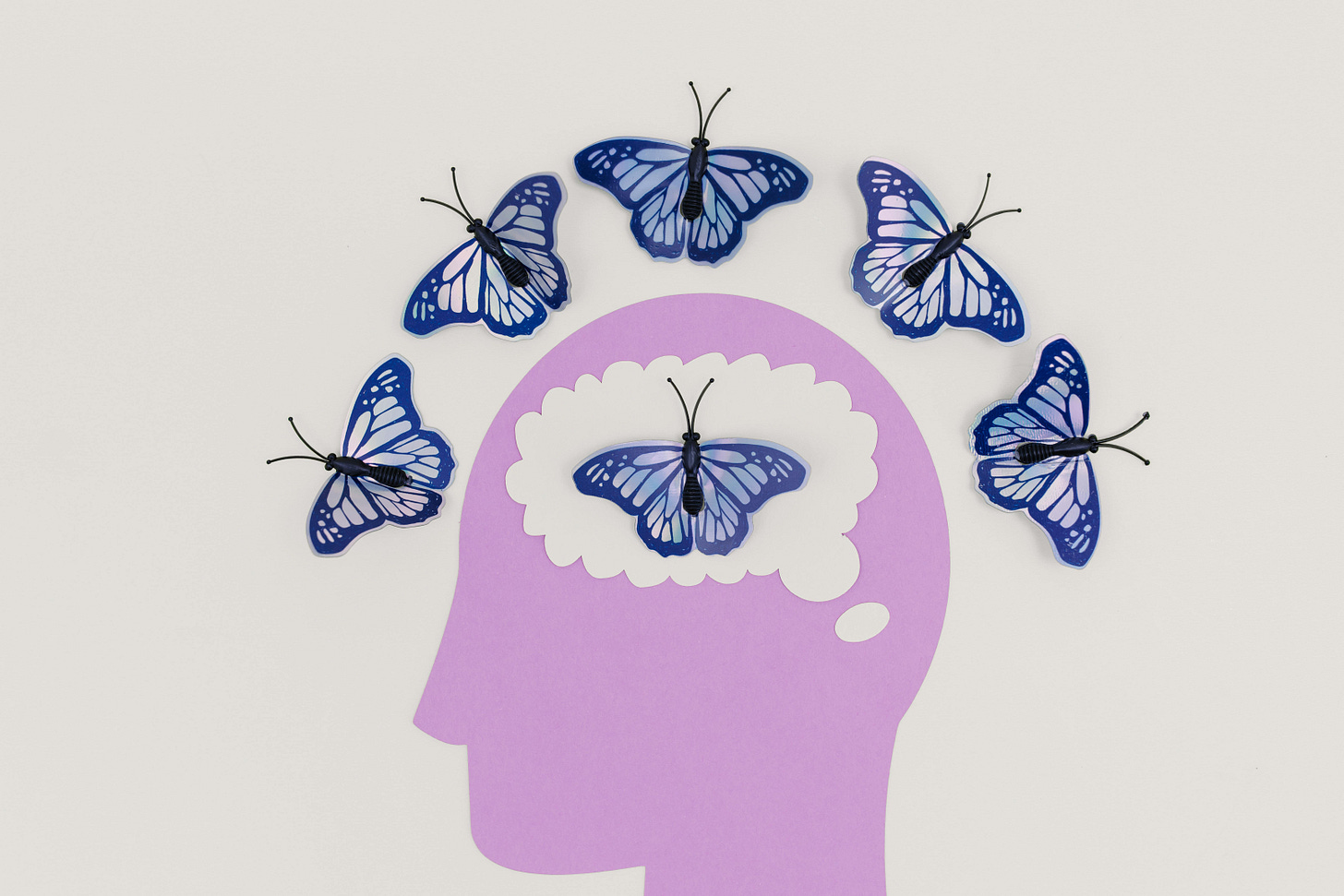5 Common Workplace Challenges You Can Overcome with Mindfulness
Simple Practices That Can Help You Thrive in Daily Stressful Moments
Dear C-Athlete,
Ever had the feeling that no matter how fast you work, there's always something waiting for you? Whether you’re leading teams, managing clients, hitting deadlines, or navigating workplace dynamics, the mental load can be overwhelming.

While we can’t always control our workload, how others behave, or our external environment, we can control how we respond.
This is where mindfulness and positive psychology come in—not as wellness trends, but as practical, science-backed tools that help us stay focused, engaged, and resilient. Since I began this journey years ago, I've transformed how I handle daily stress.
Think of mindfulness as your mental gym. You don’t lift weights once and expect to be strong forever. Small but intentional shifts have enabled me to navigate workplace challenges with greater clarity, calm, and confidence.
Here are five common workplace challenges and how mindfulness techniques can help you navigate them.
Challenge #1: Despite “multitasking”, you feel like you’re getting nowhere
You’re juggling emails, meetings, and deadlines, but at the end of the day, it feels like you haven’t made real progress. Sounds familiar?
The more we multitask, the less we accomplish. Studies show that constantly switching between tasks – especially complex ones, reduces efficiency and increases errors. Additionally, people who frequently “media multitask” (e.g. listening to music while checking email) are more distracted and less able to focus their attention even when they are performing only one task.
The solution:
Practice mono-tasking—Give your full attention to one task before moving to the next.
Use focused time blocks—Turn off notifications and set aside distraction-free time for deep work.
Reset your focus with mindful breathing:
Inhale for 4 seconds
Hold for 4 seconds
Exhale for 6 seconds
Repeat four times
Challenge #2: No time for a proper meal
“Don’t chew your worries, your fear, or your anger. If you chew your planning and your anxiety, it’s difficult to feel grateful for each piece of food. Just chew your food.”
― Thich Nhat Hanh, How to Eat
When was the last time you actually tasted your food? If your lunch break consists of inhaling a sandwich while clearing emails, you’re not alone—but your stomach might be staging a silent protest.
If you are distracted when you eat, your brain might have challenges processing taste information, which might lead you to consume more food and develop poor eating habits.
The solution:
Try mindful eating, a simple way to stay present while eating and prevent mindless consumption.
Choose a meal to eat without distractions.
Step away from your desk.
Turn off or put away all electronic devices.
While eating, engage all your senses—observe, smell, taste, chew, and savour your food.
Challenge #3: Feeling overwhelmed by never-ending deadlines and workload
Chronic stress keeps our nervous system in a constant "fight-or-flight" mode. This makes the amygdala (also known as the “fear centre” of our brain) expand – amping up our nervous system, leading to anxiety, depression, digestive issues, sleep issues and weakened cardiovascular and immune systems.
The solution:
Instead of dwelling on things beyond your control, tame your monkey mind with the RAIN meditation practice:
Recognise what is going on
Allow the experience to be there, just as it is
Investigate with kindness
Natural awareness, which comes from not identifying with the experience
RAIN helps us process emotions with awareness and self-compassion, rather than reacting out of stress. Try this technique next time you feel overwhelmed.
Check out a guided RAIN meditation here.
Challenge #4: Dealing with unresolved conflicts
Workplace conflicts—whether due to professional disagreements, clashing work styles, or lingering tensions—don’t just disappear overnight. Left unresolved, they can affect team dynamics, productivity, and well-being, triggering chronic stress responses.
The solution:
Practice Loving-Kindness Meditation
One of my favourite forms of meditation, Loving-Kindness Meditation (LKM) is an ancient Buddhist practice that fosters goodwill and compassion toward yourself and others, including those you may have conflicts with.
Try this:
Close your eyes and take a deep breath.
Silently repeat these phrases, first for yourself:
May I be happy.
May I be healthy.
May I be safe.
May I live with ease.
Next, bring to mind the person you have a conflict with. Silently repeat:
May you be happy.
May you be healthy.
May you be safe.
May you live with ease.
Repeat for a few minutes, allowing feelings of compassion to replace resentment.
This doesn’t mean you condone their actions, but it helps you let go of resentment and approach conflict with a clearer mind.
Click here for a guided meditation on Loving-Kindness by world-renowned meditation teacher Sharon Salzberg.
Challenge #5: Feeling bad for making mistakes
We all make mistakes. Misunderstanding a message, forgetting something, sending an email to the wrong person—we’ve all been there. But instead of treating these moments as learning opportunities, many of us spiral into self-criticism and shame.
The solution:
According to self compassion researcher Dr. Kristin Neff, people who practice self-kindness are not only happier but also more effective at work and less likely to burn out.

Try a Self-Compassion Break:
Acknowledge your struggle:
Say to yourself, “This is really hard.” or “I made a mistake, and that’s okay.”
Remind yourself that you’re not alone:
Everyone makes mistakes—it’s part of being human. Say, “Other people have experienced this too. I’m not alone in this.”
Offer yourself kindness:
Ask yourself, “What would I say to a friend who made the same mistake?”
Now, say that to yourself.
Self-compassion doesn’t mean avoiding accountability—it means treating yourself with the same understanding you'd offer a friend, allowing you to learn from mistakes without getting stuck in shame.
Try the guided meditations by Dr. Kristin Neff here.
It’s About Being More Intentional
Deadlines, expectations, and workplace pressures will always exist. But how we handle them determines our long-term success and well-being.
By integrating mindfulness and positive psychology into your day—whether by focusing on one task at a time, taking real breaks, practicing self-compassion, or using RAIN to process stress—you can perform at your best without burning out.
What’s one strategy you’re going to try this week?
Until next time, keep playing the long game :)
Serina




